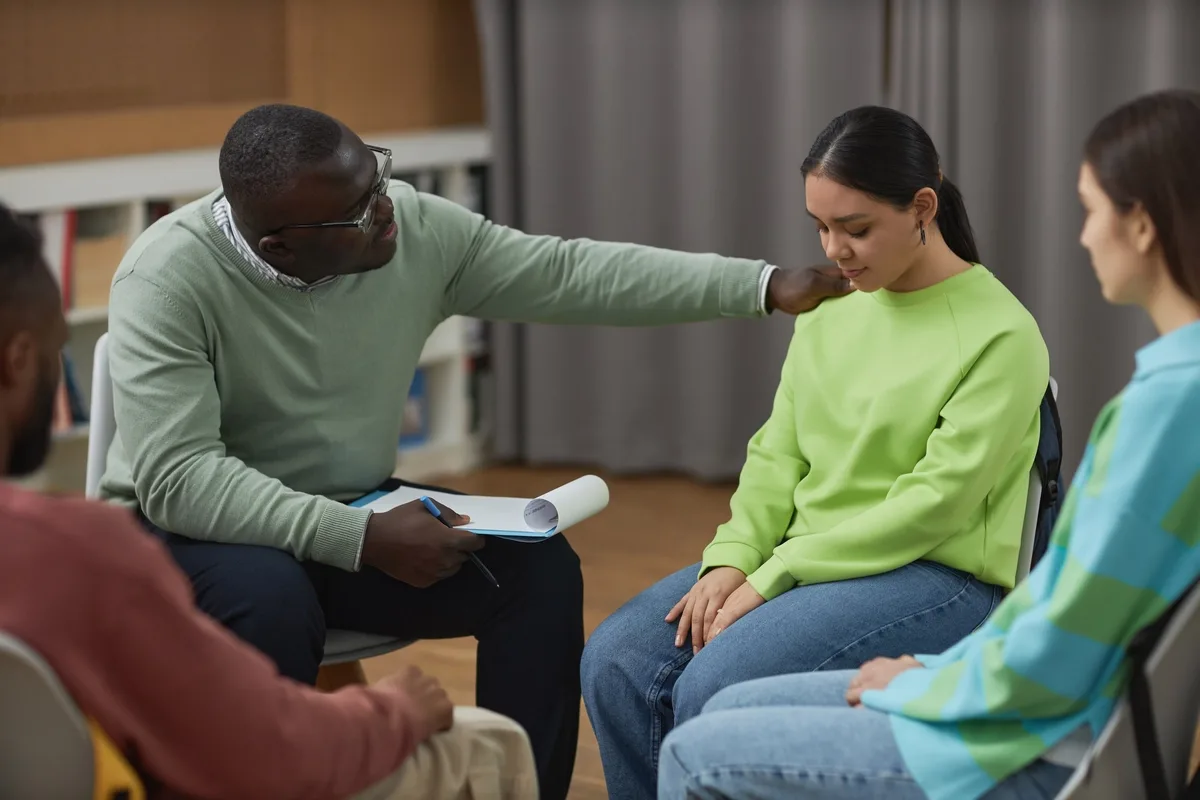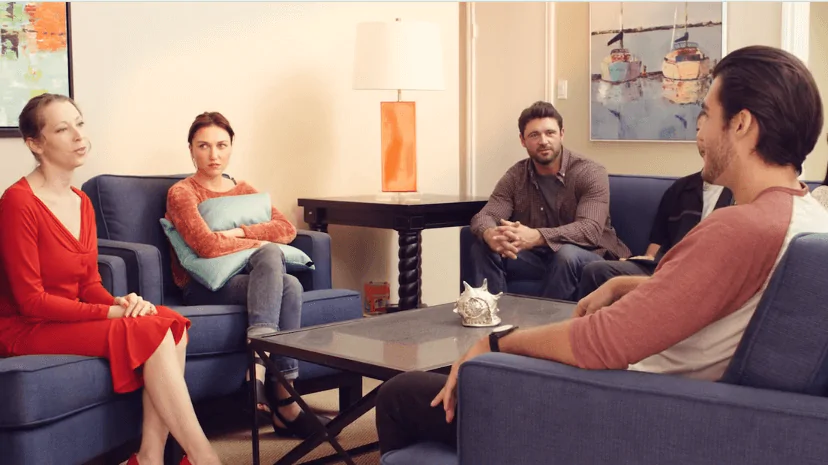24/7 Helpline:
(866) 899-111424/7 Helpline:
(866) 899-1114
Other Insurance Options

BlueCross

Holman Group

Sutter

Optima

Humana

Ambetter

Choice Care Network

Meritain

EmblemHealth

Sliding scale payment assistance

CareFirst

Medical Mutual of Ohio

Amerigroup

BlueShield

Anthem

ComPsych

Health Partners

WellPoint

WellCare Health Plans

UnitedHealth Group









